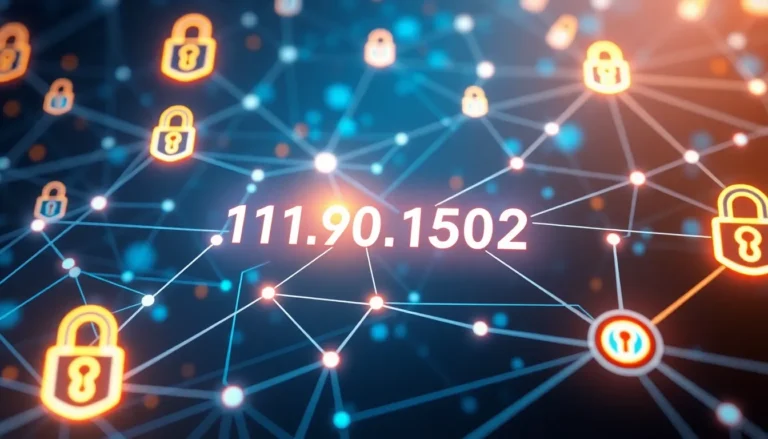Table of Contents
ToggleIn the world of modern dating, ghosting has become the ultimate disappearing act. One minute, there’s a spark; the next, poof! That charming text buddy vanishes without a trace, leaving behind a digital black hole of confusion and unanswered questions. It’s like being on a rollercoaster ride, only to find the operator went on break right before the big drop.
Understanding Ghosting In Modern Dating
Ghosting represents a common behavior in modern dating, characterized by a sudden lack of communication. Individuals frequently find themselves on the receiving end of this silence, struggling to comprehend the abrupt endings. Such actions disrupt expectations and leave significant emotional fallout.
Statistics indicate that 25% of individuals experience ghosting, highlighting its pervasive nature. Social media and dating apps contribute to this growing trend, facilitating quick connections that can dissolve just as fast. Many feel that the ease of initiating contact leads to a higher likelihood of disengagement when interests shift.
Ghosting often creates a sense of confusion and doubt. Questions linger for those who are ghosted, such as, “What went wrong?” and “Was I not interesting enough?” These unanswered queries can hinder emotional healing and impact future connections.
Respondents in surveys report various emotional responses to ghosting, including feelings of rejection and insecurity. They often perceive this act as disrespectful, fearing it reflects a broader societal indifference toward personal relationships.
Understanding ghosting involves recognizing its manifestations and acknowledging how it affects individuals differently. Addressing the implications of ghosting can lead to healthier conversations about accountability in dating. Open dialogues about intentions and expectations can foster more meaningful connections, reducing the likelihood of sudden disappearances in the future.
The Impact Of Technology

Technology significantly shapes the phenomenon of ghosting in modern dating. Its tools create rapid connections but can also lead to quick disconnections.
Social Media Influence
Social media platforms enable instant communication between users. They foster a sense of familiarity, often leading individuals to feel an exaggerated emotional attachment. Only 25% of individuals report experiencing ghosting, but social media intensifies feelings of rejection when someone disappears. Profiles can create illusions, making it easier for someone to go silent without explanation. Transparency tends to suffer due to the ease of hiding behind screens. The perceived accessibility of partners can lead to a lack of accountability regarding communication, which exacerbates the possibility of ghosting.
Dating Apps and Ghosting
Dating apps streamline the process of meeting new people. These apps emphasize quick matching, which can encourage users to start conversations but often leads to abrupt endings. Single users frequently encounter a “swipe culture” that rewards instant gratification, making it easier to discard potential connections without hesitation. Many individuals on these platforms value quantity over quality, resulting in shallow interactions. Emotional investments may plummet as users focus on brief exchanges. This environment contributes to the growing trend of ghosting, as people may not feel compelled to explain their sudden withdrawal.
Psychological Effects Of Ghosting
Ghosting impacts both parties involved, leading to significant psychological consequences. Understanding these effects offers insights into the broader implications of this modern dating phenomenon.
On The Ghoster
Ghosters often experience guilt and regret after cutting off communication. They may wrestle with their decision, questioning if they acted too impulsively. Anxiety can stem from their fear of confrontation, leading to a choice that avoids accountability. Those who ghost may find themselves feeling isolated due to their actions, as maintaining social connections becomes challenging. Research indicates that many ghosters struggle with empathy, impacting their ability to form deep relationships in the future. Emotional burden accumulates when individuals repeatedly engage in this behavior, perpetuating a cycle of avoidance.
On The Ghosted
Ghosted individuals frequently endure intense feelings of rejection and confusion. Emotional turmoil often arises when they grapple with unanswered questions regarding the abrupt end of communication. Loss of self-esteem can occur as they internalize perceived faults that led to the ghosting. Many also experience trust issues, making future connections difficult. Studies show that 25% of people report anxiety or depression after being ghosted, highlighting how deeply it can affect mental health. The lack of closure complicates their healing process, leaving emotional scars that may linger long after the experience.
Coping Strategies For Victims
Victims of ghosting often face emotional challenges and uncertainty. Several strategies can enhance coping mechanisms and promote healing.
Emotional Resilience
Building emotional resilience requires individuals to engage in self-care practices. They can start by recognizing their feelings without judgement. Acknowledging the pain associated with being ghosted fosters understanding and growth. Practicing mindfulness techniques, like meditation and journaling, helps individuals process emotions effectively. Connecting with supportive friends or family members serves as a vital source of comfort. Developing positive affirmations can boost self-esteem and counter negative thoughts. Focusing on personal interests and hobbies provides distraction and promotes joy, allowing for recovery from the emotional turmoil.
Seeking Closure
Seeking closure involves independent exploration of unresolved feelings. People can reflect on their experiences, assessing the situation realistically. Writing a letter, which doesn’t need to be sent, often clarifies emotions and intentions. Engaging in constructive conversations with trusted individuals aids in processing thoughts. Attending support groups or therapy sessions creates a safe space to discuss ghosting’s impact. This open dialogue often leads to shared experiences that foster healing. Seeking closure isn’t just about understanding the other person’s actions; it’s about prioritizing personal well-being and moving forward. Finding comfort in knowing one’s worth helps individuals regain control over their emotional landscape.
Addressing The Trend
Ghosting in modern dating raises concerns about communication practices and relationship dynamics. Understanding how to navigate these issues can foster healthier connections.
Communication Alternatives
Exploring diverse communication methods reduces the likelihood of ghosting. Open conversations via messaging apps, phone calls, or in-person dialogues encourage transparency. Many individuals find that expressing thoughts and emotions beforehand leads to more respectful endings. Using video calls enhances personal connection, allowing for more genuine interactions. Couples who address their feelings directly report increased satisfaction in their relationships. Prioritizing clear communication can minimize confusion, ensuring both parties feel understood.
Building Healthy Relationships
Fostering healthy relationships involves setting clear expectations and boundaries. Individuals who communicate their needs effectively experience stronger connections. Building trust creates a solid foundation that reduces the chances of misunderstandings. Regularly checking in with partners about feelings fosters emotional intimacy. Engaging in shared activities strengthens bonds and encourages open dialogue. Research indicates that couples who prioritize relationship-building practices enjoy lower rates of conflict. Investing time in understanding each other’s perspectives nurtures a supportive environment, ultimately decreasing the prevalence of ghosting.
Ghosting in modern dating highlights the complexities of emotional connections in a digital age. As individuals navigate quick interactions and fleeting relationships, the repercussions of ghosting can be profound. Feelings of rejection and confusion often linger long after the disappearance.
Addressing this issue requires a shift towards more transparent communication. By fostering open dialogues and setting clear expectations, individuals can cultivate healthier connections that minimize misunderstandings. Embracing emotional resilience and seeking closure can also empower those affected by ghosting to heal and move forward. Ultimately, understanding the implications of ghosting paves the way for more meaningful and respectful relationships in the future.





